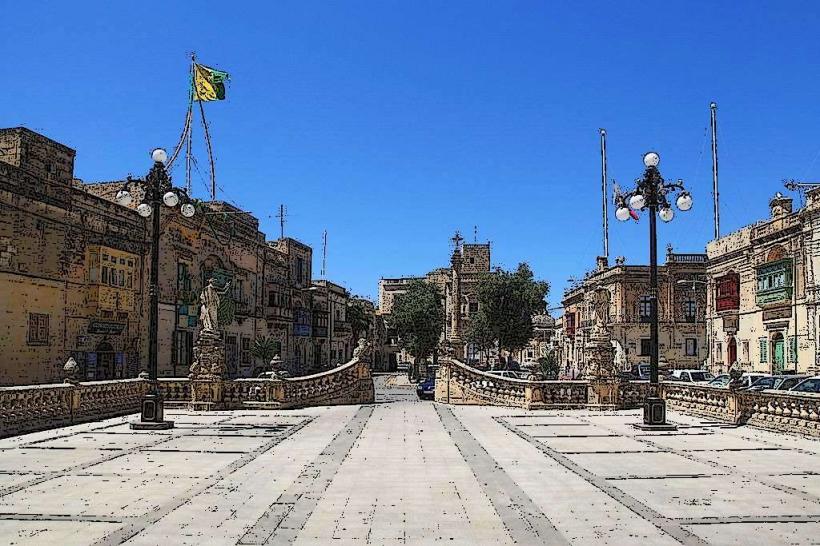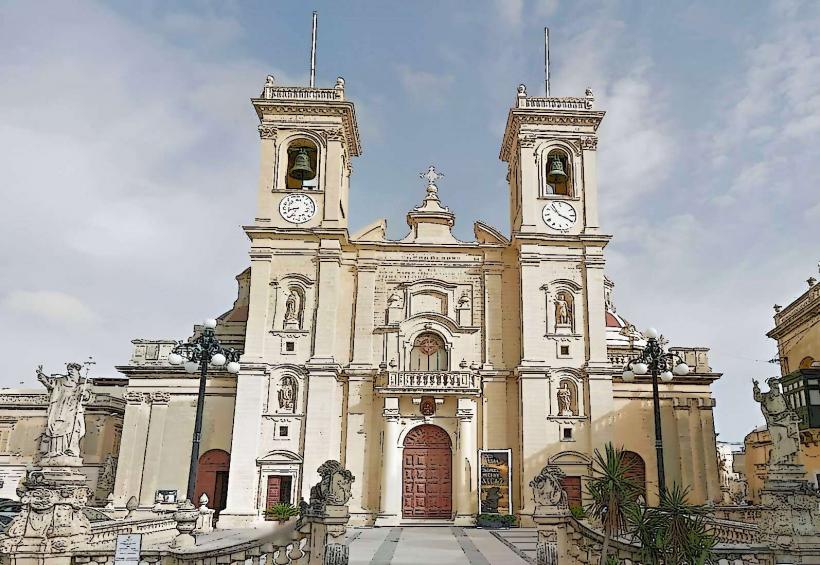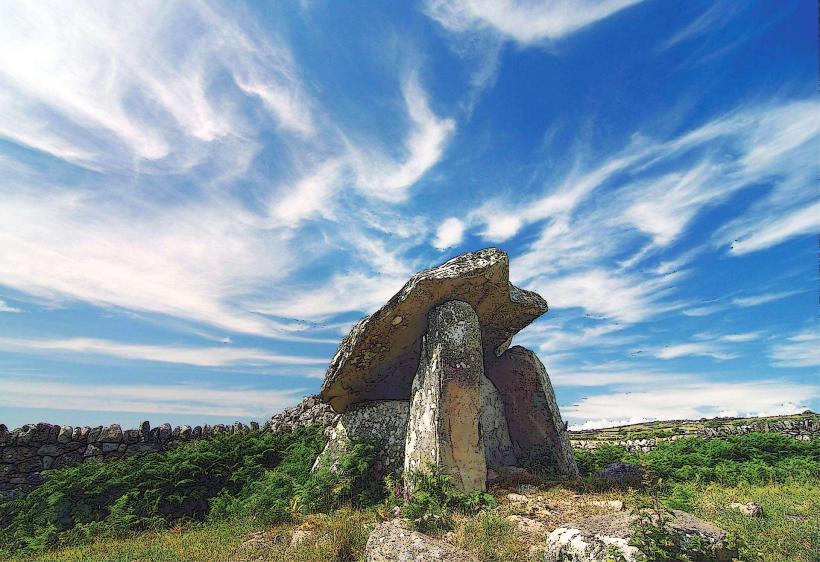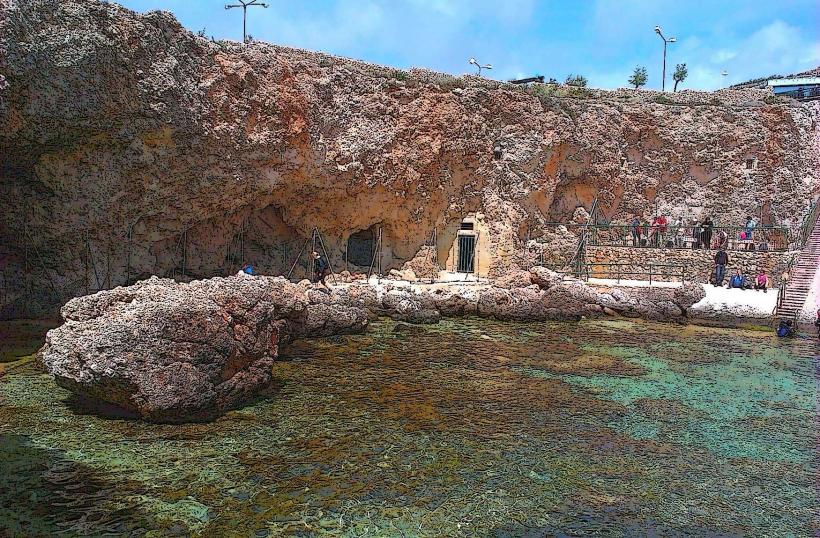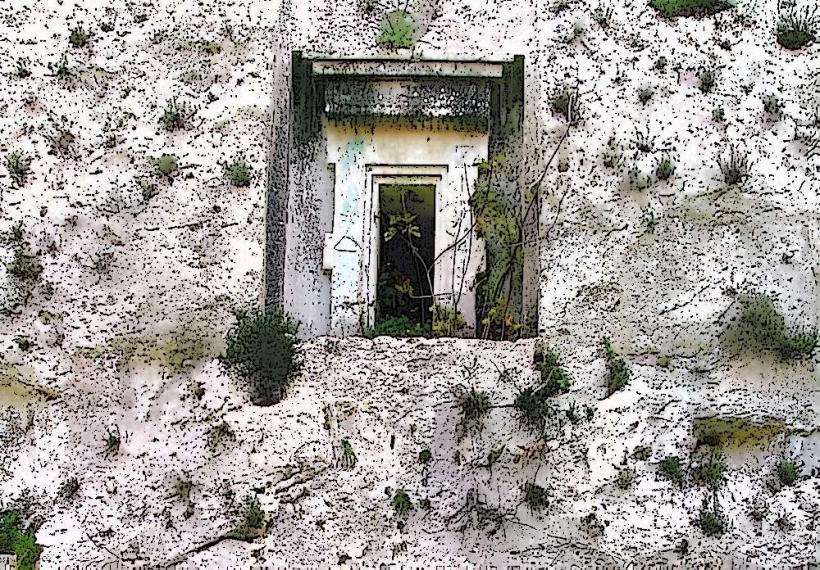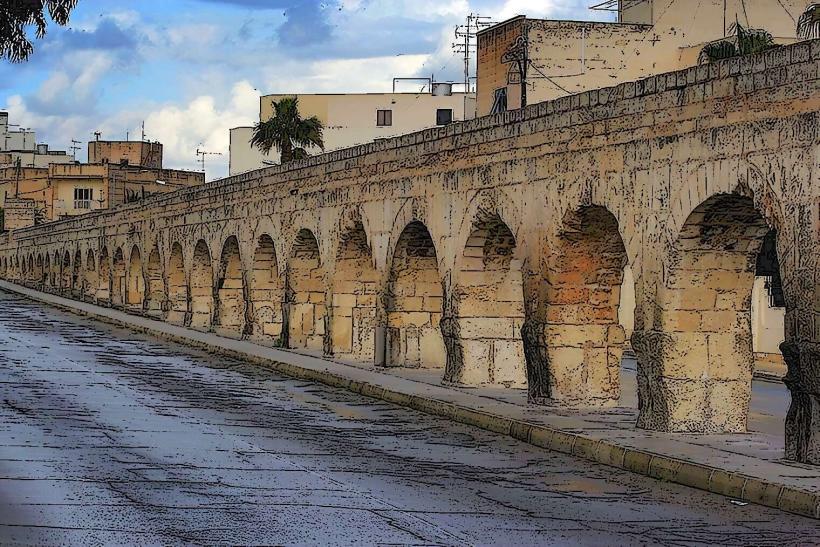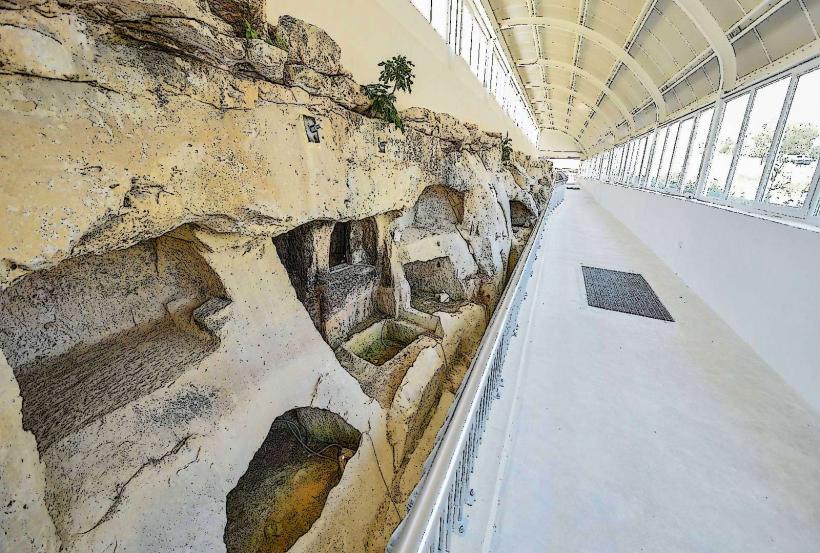Information
City: ZebbugCountry: Malta
Continent: Europe
Zebbug, Malta, Europe
Żebbuġ (Ħaż-Żebbuġ), also known as Città Rohan, serves as one of the oldest and most significant inland residential hubs in Malta. It functions as a primary center for Maltese craftsmanship and ecclesiastical history, characterized by its towering parish church and its strategic position on a plateau overlooking the central plains of the island.
Historical Timeline
The area has been inhabited since the Bronze Age, with significant archaeological finds from the Punic and Roman eras. The city was formed by the merging of several small hamlets (Ħal Dwin, Ħal Muxi, and Ħal Mula). The primary event shaping its identity occurred in 1777, when Grand Master Emmanuel de Rohan-Polduc granted the village the status of a city, renaming it Città Rohan. Unlike coastal towns, Żebbuġ maintained an agrarian and artisanal focus, becoming a center for the cotton industry during the 18th and 19th centuries.
Demographics & Population
The population is approximately 12,140 (2026 estimate). The demographic is predominantly Maltese, with a growing number of expatriates attracted by the town's traditional "Palazzos." The community is noted for producing a high number of Maltese intellectuals, artists, and bishops. The median age is approximately 41 years.
Urban Layout & Key Districts
The city is built on a high plateau. Key districts include the Village Core, centered around the massive Parish Square; Ħal Mula, the older industrial and residential periphery; and the newer residential areas extending toward Wied il-Baqqija. The town is entered through the iconic De Rohan Arch, which marks the historic boundary of the city.
Top City Landmarks
St. Philip of Agira Parish Church (Grand Baroque architecture)
De Rohan Arch (Main gateway)
Villa Buleben
The numerous roadside shrines (Niċċa)
The traditional band clubs (St. Philip and 12th May)
Transportation Network
Movement is facilitated by the Malta Public Transport bus network, with Route 61 being the primary link to Valletta (20–25 minutes). There is no rail transit. Public transport is free for residents with a Tallinja Card. Traffic density is high at the Mdina Road junction and the narrow arterial roads leading into the village core.
Safety & "Red Zones"
The safety level is very high. There are no "red zones." Żebbuġ is a quiet, family-oriented community. The primary risk is navigating the extremely narrow, one-way limestone streets which were not designed for modern SUVs. Pedestrians should remain vigilant on roads without dedicated pavements.
Digital & Financial Infrastructure
Average internet speed is 100–500 Mbps via fiber-optic. Main carriers are Epic, GO, and Melita. Card acceptance is standard in pharmacies and the local supermarket (Shoppers); cash is preferred in the smaller "Kanal" (groceries) and traditional social clubs. ATMs are located in the main square and along the primary commercial road.
Climate & Air Quality
Temperatures range from 10°C to 35°C. Due to its elevated position, Żebbuġ benefits from slightly better ventilation than the Qormi basin, but it can be prone to high winds during the winter months. Air quality is moderate to high, though dust from local limestone construction is common.
Culture & Social Norms
Tipping of 5–10% is standard in restaurants. The culture is defined by a deep-seated Band Club Rivalry and the Festa of St. Philip in June, which features some of the island's most elaborate fireworks and "marċi" (street marches). Dress code is casual, but modest attire is mandatory for the parish church. Local social life revolves around the "Każini" (clubs) in the square.
Accommodation Zones
Stay in the Village Core for boutique stays in restored 17th-century houses of character.
Stay on the Periphery (near Mdina Road) for easier vehicle access and proximity to transport links.
Local Cost Index
1 Espresso: €1.50 – €2.00
1 Standard Lunch (Rabbit/Fenakata): €15.00 – €25.00
1 Bus Fare (Cash): €2.00 – €3.00 (Free for residents)
Nearby Day Trips
Mdina & Rabat: 4 km (10 minutes)
Valletta: 8 km (20 minutes)
Dingli Cliffs: 7 km (15 minutes)
Buskett Gardens: 5 km (10 minutes)
Facts & Legends
The name "Żebbuġ" translates to "Olives" in Maltese, as the area was once covered in massive olive groves. Local legend claims that the statue of St. Philip is so heavy it requires a specific group of men from certain families to carry it, while a verified historical fact is that Żebbuġ was the first town in Malta to have a hospital outside of the Grand Harbour area during the plague of 1675.

